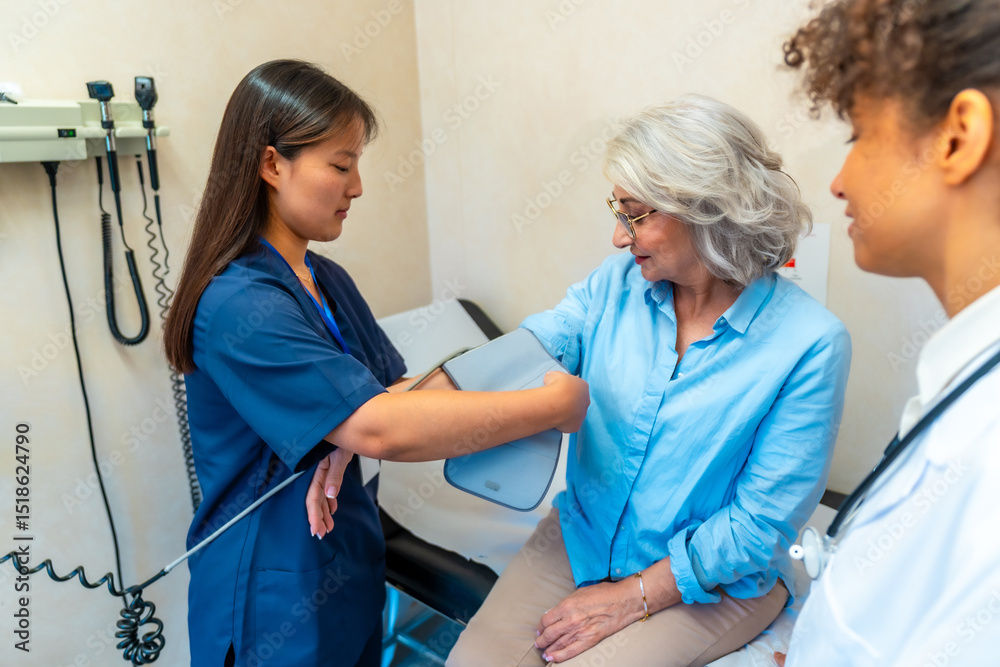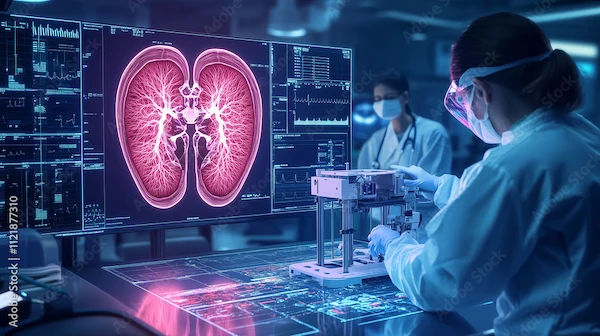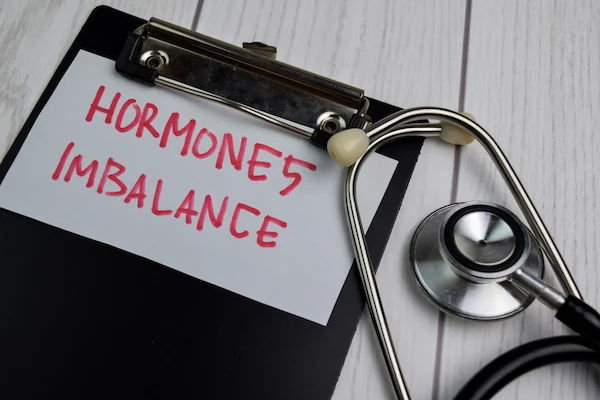Understanding Edema and Its Meaning
Learn what edema is, what causes swelling in the body, and how to manage it. Understand its types, symptoms, risks, and when to seek medical attention.

Written by Dr. Dhankecha Mayank Dineshbhai
Reviewed by Dr. D Bhanu Prakash MBBS, AFIH, Advanced certificate in critical care medicine, Fellowship in critical care medicine
Last updated on 21st Aug, 2025

Edema is a common condition that many people experience at some point in their lives. While it may seem harmless at first, persistent or severe swelling can sometimes indicate an underlying health issue. If you or a loved one has noticed swelling in the legs, feet, hands, or other parts of the body, this article will help you understand what edema is, why it happens, and how to manage it effectively.
What is Edema?
Edema refers to the swelling caused by excess fluid trapped in the body’s tissues. It can occur in any part of the body but is most commonly seen in the legs, ankles, feet, and hands. In some cases, it may also affect the face or abdomen.
Types of Edema
1. Peripheral Edema – Swelling in the legs, ankles, and feet.
2. Pulmonary Edema – Fluid buildup in the lungs, which can cause breathing difficulties.
3. Cerebral Edema – Swelling in the brain, which is rare but serious.
4. Macular Edema – Swelling in the eye's retina, often linked to diabetes.
Common Symptoms of Edema
The most noticeable sign of edema is swelling in the affected area. Other symptoms may include:
- Puffiness or stretched skin
- Skin that retains a dimple when pressed (pitting edema)
- Aching or heaviness in the swollen limbs
- Stiffness in joints
- Weight gain due to fluid retention
If you experience sudden swelling along with shortness of breath, chest pain, or confusion, seek medical help immediately, as these could indicate a serious condition like heart or kidney failure.
What Causes Edema?
Edema occurs when small blood vessels (capillaries) leak fluid into nearby tissues, leading to swelling. Several factors can contribute to this:
1. Medical Conditions
- Heart Disease – Weak heart function can cause fluid buildup in the legs and lungs.
- Kidney Disease – Impaired kidneys may not remove excess fluid properly.
- Liver Disease (Cirrhosis) – Can lead to fluid retention in the abdomen (ascites).
- Lymphedema – Blockage in the lymphatic system prevents proper fluid drainage.
- Chronic Venous Insufficiency – Weak leg veins struggle to return blood to the heart.
2. Lifestyle Factors
- Prolonged Sitting or Standing – Gravity causes fluid to pool in the lower limbs.
- High-Salt Diet – Excess sodium increases water retention.
- Pregnancy – Hormonal changes and pressure on veins can cause swelling.
3. Medications
- Certain drugs, such as blood pressure medications (calcium channel blockers), steroids, and NSAIDs, may contribute to edema.
Consult Top Specialists
How Does Edema Affect Health?
While mild edema may only cause discomfort, severe or chronic cases can lead to:
- Skin Infections – Stretched skin is more prone to sores and infections.
- Reduced Mobility – Swelling can make movement painful and difficult.
- Breathing Problems – Pulmonary edema can be life-threatening if untreated.
- Underlying Disease Progression – Persistent edema may signal worsening heart, kidney, or liver disease.
How to Manage and Reduce Edema
1. Lifestyle Changes
- Reduce Salt Intake – Avoid processed foods and opt for fresh, low-sodium meals.
- Stay Active – Gentle exercises like walking or leg lifts improve circulation.
- Elevate Your Legs – Keeping legs raised above heart level helps drain excess fluid.
- Wear Compression Stockings – These apply gentle pressure to prevent fluid buildup.
2. Dietary Adjustments
- Eating Potassium-Rich Foods – Bananas, spinach, and sweet potatoes help balance sodium levels.
- Stay Hydrated – Drinking enough water helps flush out excess sodium.
- Limit Alcohol and Caffeine – These can contribute to dehydration and swelling.
3. Medical Treatments
- Diuretics (Water Pills) – Prescribed to help the body remove excess fluid.
- Treating Underlying Conditions – Managing heart, kidney, or liver disease can reduce edema.
- Massage Therapy – Lymphatic drainage massage may help in some cases.
When to See a Doctor
While mild swelling may resolve on its own, consult a doctor if:
- Swelling is sudden, severe, or painful.
- You experience shortness of breath or chest pain.
- Swelling worsens despite home remedies.
- You notice redness, warmth, or skin ulcers in the swollen area.
If you're concerned about edema or need expert advice, you can book a consultation with a specialist on Apollo 24|7. Early diagnosis and treatment can prevent complications and improve your quality of life.
Final Thoughts
Edema is often manageable with simple lifestyle changes, but it should never be ignored if persistent or accompanied by other symptoms. By understanding the causes and taking proactive steps, you can reduce discomfort and maintain better overall health.
If you or someone you know is struggling with unexplained swelling, don’t hesitate to seek medical guidance.
Schedule a consultation today and take the first step toward better health!
Consult Top Specialists
Consult Top Specialists

Dr. Anand Ravi
General Physician
2 Years • MBBS
Bengaluru
PRESTIGE SHANTHINIKETAN - SOCIETY CLINIC, Bengaluru

Dr Syed Mateen Pasha
General Physician
2 Years • MBBS
Bengaluru
PRESTIGE SHANTHINIKETAN - SOCIETY CLINIC, Bengaluru

Dr. Syed Ismail Ali
General Practitioner
7 Years • MBBS
Hyderabad
Apollo 24|7 Clinic, Hyderabad
Dr. Gaddam Manoj
General Practitioner
1 Years • MBBS
Hyderabad
Aaradhya clinic, Hyderabad

Dr. Madhuri Sai Sreepada
General Practitioner
9 Years • MBBS
Hyderabad
BRIGHT SMILES MEDICARE & DENTAL CARE, Hyderabad
Consult Top Specialists

Dr. Anand Ravi
General Physician
2 Years • MBBS
Bengaluru
PRESTIGE SHANTHINIKETAN - SOCIETY CLINIC, Bengaluru

Dr Syed Mateen Pasha
General Physician
2 Years • MBBS
Bengaluru
PRESTIGE SHANTHINIKETAN - SOCIETY CLINIC, Bengaluru

Dr. Syed Ismail Ali
General Practitioner
7 Years • MBBS
Hyderabad
Apollo 24|7 Clinic, Hyderabad
Dr. Gaddam Manoj
General Practitioner
1 Years • MBBS
Hyderabad
Aaradhya clinic, Hyderabad

Dr. Madhuri Sai Sreepada
General Practitioner
9 Years • MBBS
Hyderabad
BRIGHT SMILES MEDICARE & DENTAL CARE, Hyderabad




